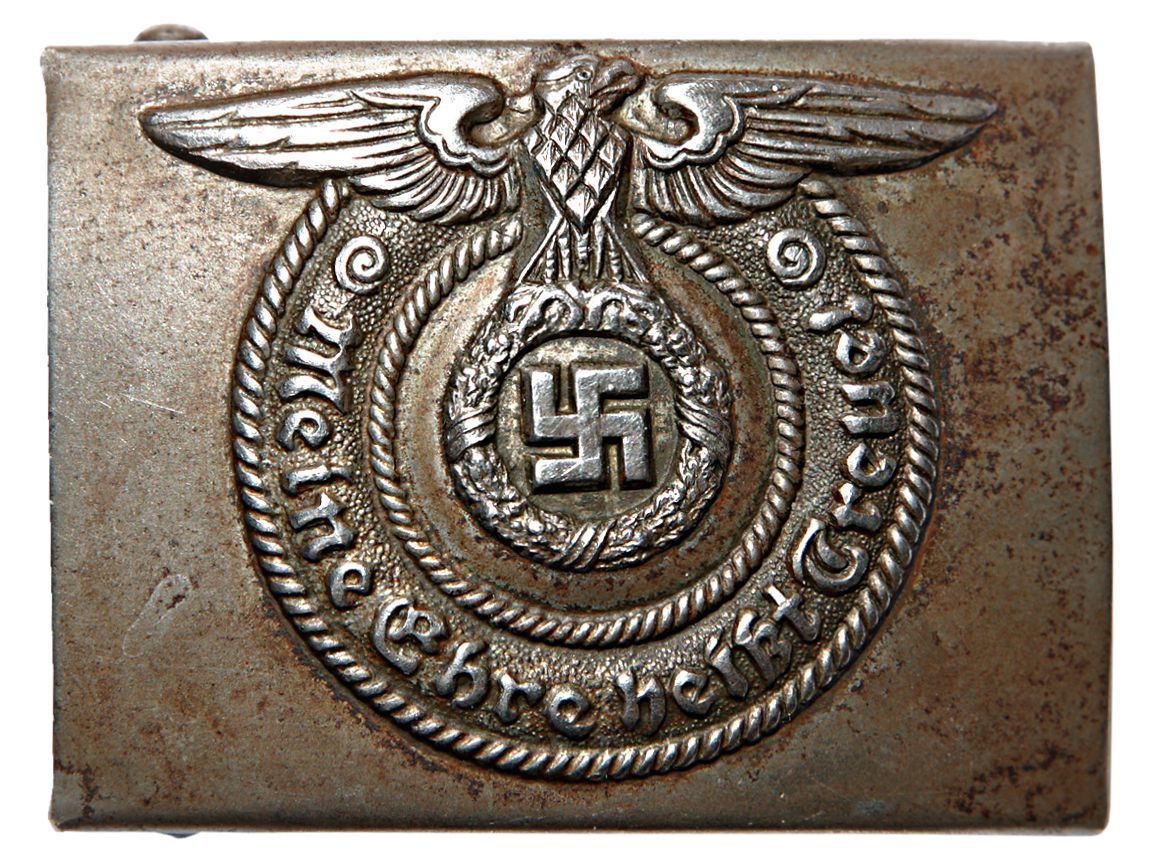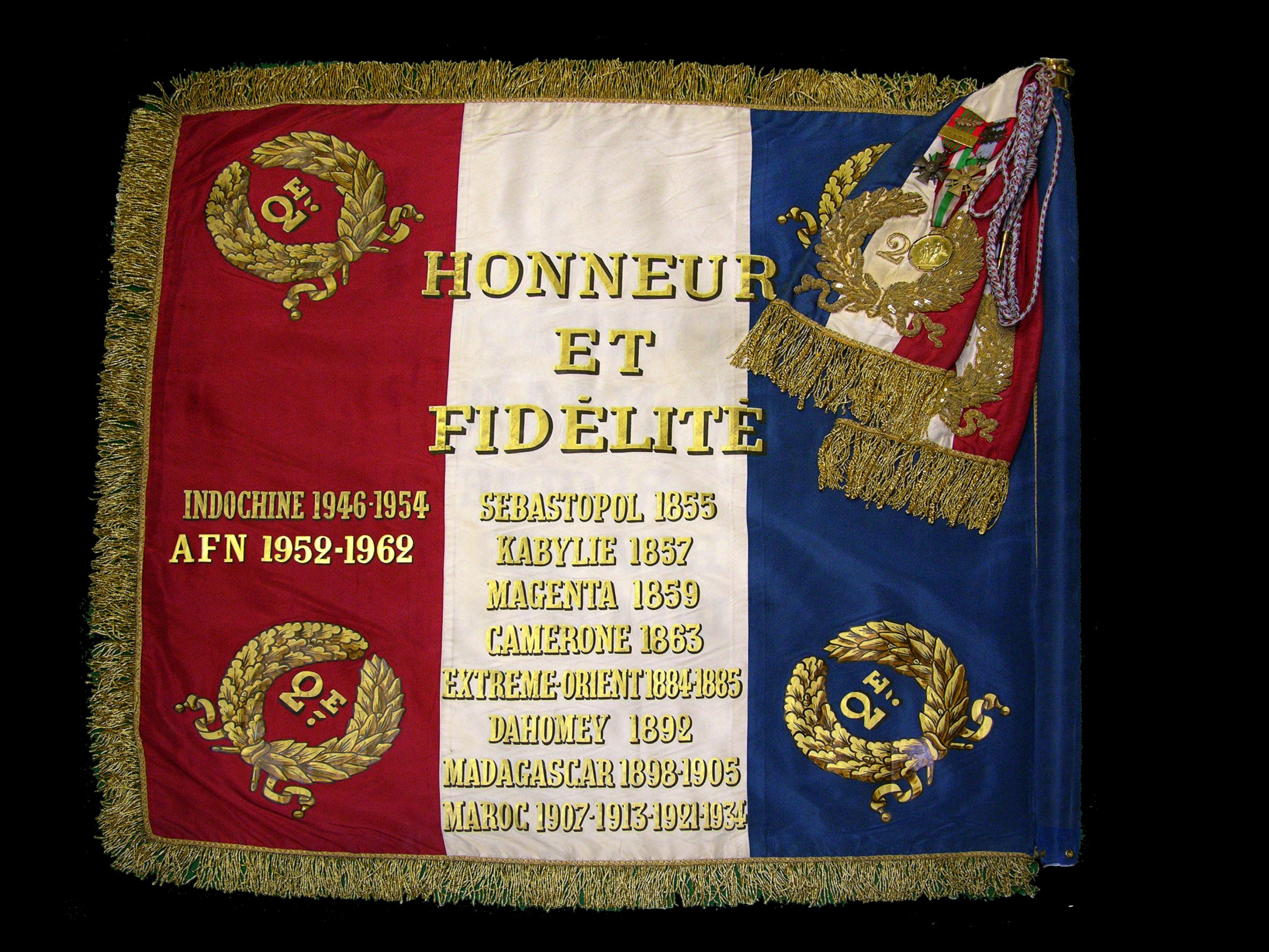|
Meine Ehre Heißt Treue
''Meine Ehre heißt Treue'' (; "My honor is called loyalty") was the motto of the ''Schutzstaffel'' (SS) under Adolf Hitler and the Nazi Party in Nazi Germany. Origin In a National Socialist context, the phrase ''Meine Ehre heißt Treue'' refers to a declaration by Adolf Hitler following the Stennes Revolt, an incident between the Berlin ''Sturmabteilung'' (SA) and the ''Schutzstaffel'' (SS). In early April 1931, elements of the SA under Walter Stennes attempted to overthrow the head of the Berlin section of the National Socialist German Workers' Party. As the section chief Joseph Goebbels fled with his staff, a handful of SS men led by Kurt Daluege were beaten trying to repel the SA. After the incident, Hitler wrote a letter of congratulations to Daluege, stating ''... SS-Mann, deine Ehre heißt Treue!'' ("Man of the SS, your honor is loyalty"). Soon afterward, ''Reichsführer-SS'' Heinrich Himmler, adopted the modified version of this phrase as the official motto of the organi ... [...More Info...] [...Related Items...] OR: [Wikipedia] [Google] [Baidu] |
Reichsführer-SS
(, ) was a special title and rank that existed between the years of 1925 and 1945 for the commander of the (SS). ''Reichsführer-SS'' was a title from 1925 to 1933, and from 1934 to 1945 it was the highest rank of the SS. The longest-serving and most noteworthy office holder was Heinrich Himmler. Definition was both a title and a rank. The title of was first created in 1926 by the second commander of the SS, Joseph Berchtold. Julius Schreck, founder of the SS and Berchtold's predecessor, never referred to himself as . Yet, the title was retroactively applied to him in later years. In 1929, Heinrich Himmler became and referred to himself by his title instead of his regular SS rank of . This set the precedent for the commander of the SS to be called . Prior to the Night of the Long Knives, the SS was an elite corps of the (SA or storm troopers), and the was subordinate to the SA's operating head, the . On 20 July 1934, as part of the purge of the SA, the SS was made ... [...More Info...] [...Related Items...] OR: [Wikipedia] [Google] [Baidu] |
German Political Catchphrases
German(s) may refer to: * Germany (of or related to) **Germania (historical use) * Germans, citizens of Germany, people of German ancestry, or native speakers of the German language ** For citizens of Germany, see also German nationality law **Germanic peoples (Roman times) * German language **any of the Germanic languages * German cuisine, traditional foods of Germany People * German (given name) * German (surname) * Germán, a Spanish name Places * German (parish), Isle of Man * German, Albania, or Gërmej * German, Bulgaria * German, Iran * German, North Macedonia * German, New York, U.S. * Agios Germanos, Greece Other uses * German (mythology), a South Slavic mythological being * Germans (band), a Canadian rock band * "German" (song), a 2019 song by No Money Enterprise * ''The German'', a 2008 short film * "The Germans", an episode of ''Fawlty Towers'' * ''The German'', a nickname for Congolese rebel André Kisase Ngandu See also * Germanic (other) * Ger ... [...More Info...] [...Related Items...] OR: [Wikipedia] [Google] [Baidu] |
Nazi SS
The ''Schutzstaffel'' (SS; also stylized as ''ᛋᛋ'' with Armanen runes; ; "Protection Squadron") was a major paramilitary organization under Adolf Hitler and the Nazi Party in Nazi Germany, and later throughout German-occupied Europe during World War II. It began with a small guard unit known as the ''Saal-Schutz'' ("Hall Security") made up of party volunteers to provide security for party meetings in Munich. In 1925, Heinrich Himmler joined the unit, which had by then been reformed and given its final name. Under his direction (1929–1945) it grew from a small paramilitary formation during the Weimar Republic to one of the most powerful organizations in Nazi Germany. From the time of the Nazi Party's rise to power until the regime's collapse in 1945, the SS was the foremost agency of security, surveillance, and terror within Germany and German-occupied Europe. The two main constituent groups were the '' Allgemeine SS'' (General SS) and ''Waffen-SS'' (Armed SS). The ''A ... [...More Info...] [...Related Items...] OR: [Wikipedia] [Google] [Baidu] |
Mottos
A motto (derived from the Latin , 'mutter', by way of Italian , 'word' or 'sentence') is a sentence or phrase expressing a belief or purpose, or the general motivation or intention of an individual, family, social group, or organisation. Mottos (or mottoes) are usually found predominantly in written form (unlike slogans, which may also be expressed orally), and may stem from long traditions of social foundations, or from significant events, such as a civil war or a revolution. A motto may be in any language, but Latin has been widely used, especially in the Western world. Heraldry In heraldry, a motto is often found below the shield in a banderole; this placement stems from the Middle Ages, in which the vast majority of nobles possessed a coat of arms complete with a motto. In the case of Scottish heraldry, it is mandated to appear above the crest. Spanish coats of arms may display a motto in the bordure of the shield. In heraldic literature, the terms 'rallyin ... [...More Info...] [...Related Items...] OR: [Wikipedia] [Google] [Baidu] |
Semper Fidelis
''Semper fidelis'' () is a Latin phrase that means "always faithful" or "always loyal" (Fidelis or Fidelity). It is the motto of the United States Marine Corps, usually shortened to Semper Fi. It is also in use as a motto for towns, families, schools, and other military units. It is thought that it originated from the phrase that the senators of ancient Rome declaimed at the end of their intervention. The earliest definitively recorded use of ''semper fidelis'' is as the motto of the French town of Abbeville since 1369. It has also been used by other towns, and is recorded as the motto of various European families since the 16th century, and possibly since the 13th century or earlier. Records show many families in England, France and Ireland using this motto. The earliest recorded use of ''semper fidelis'' by a military unit is by the Duke of Beaufort's Regiment of Foot, raised in south-western England in 1685. This is apparently linked to its use as a motto by the city of Ex ... [...More Info...] [...Related Items...] OR: [Wikipedia] [Google] [Baidu] |
Honneur Et Fidélité ''Honneur et Fidélité'' ("Honour and Fidelity") is the motto of the Foreign Legion in the French Armed Forces. It has been inscribed on Legion flags instead of the ''Honneu |


